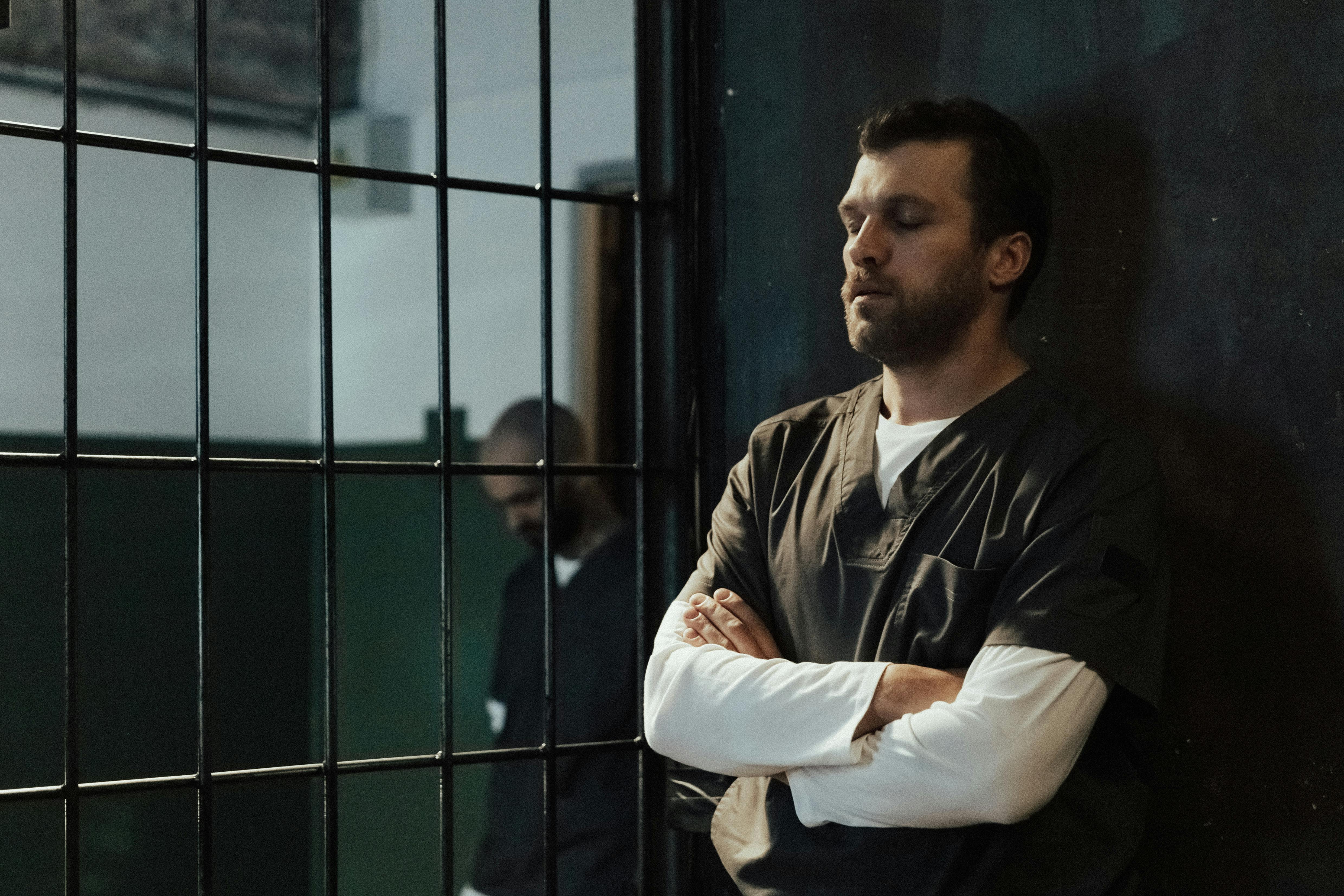When Probation Goes Wrong: Defending Against Violations
Denninger & Philbeck – Criminal Defense Attorneys

Probation offers an opportunity to avoid incarceration, but it comes with conditions that must be strictly followed. A probation violation can jeopardize your freedom and lead to harsh penalties including jail time. At Denninger & Philbeck, we defend individuals accused of probation violations and work to keep them in the community and out of custody.
What is Probation in North Carolina?
Probation is a court-ordered alternative to serving time in jail or prison. In exchange for staying out of custody, you must comply with certain conditions, which vary based on whether your probation is:
- Supervised: Requires regular check-ins with a probation officer, drug testing, and strict monitoring.
- Unsupervised: Usually for less serious offenses and involves fewer obligations.
Whether supervised or unsupervised, any violation of your probation conditions can lead to consequences in court, and potentially the revocation of your suspended sentence.
Common Types of Probation Violations
Probation violations fall into two broad categories in North Carolina: technical violations and substantive violations.
Technical Violations
These involve a failure to comply with the terms of probation, but do not constitute new criminal activity or absconding. Common examples include:
- Missing appointments with a probation officer
- Failing drug or alcohol tests
- Missing court-mandated treatment or classes
- Failing to complete community service hours
- Leaving the county or state without permission
- Failing to pay court costs, fines, or restitution
- Breaking curfew or violating electronic monitoring terms
While these violations may seem minor, repeated or willful noncompliance can result in harsh penalties, especially if not addressed promptly.
Substantive Violations
Substantive violations involve more serious breaches of probation and typically lead to more severe consequences, including revocation of your suspended sentence. These include:
- New Criminal Offenses: Being arrested or charged with a new crime while on probation can trigger a violation proceeding, regardless of whether you're ultimately convicted of the new offense.
- Absconding: Absconding occurs when a person on supervised probation willfully avoids supervision by making their whereabouts unknown to their probation officer. Simply missing an appointment is not enough; the State must show that the probationer intentionally disappeared or evaded contact, and could not be located through reasonable means.
Consequences of a Probation Violation
If you are alleged to have violated probation, you may be summoned to court or arrested. If the court determines that a violation occurred, the consequences can vary based on the nature and severity of the violation. Possible consequences include:
- Modification of probation terms (e.g., adding community service or curfews)
- Extension of the probation period
- Confinement in Response to Violation (CRV) — up to 90 days in custody.
- Revocation of probation — activating your original suspended sentence and sending you to jail or prison
Defending Against a Probation Violation
You are entitled to a probation violation hearing, where the State must prove the violation by a preponderance of the evidence — a lower standard than "beyond a reasonable doubt," but still subject to legal challenge.
At Denninger & Philbeck, we build strong defenses by evaluating:
- If the alleged violation was willful
- Whether or not the conditions of probation were clearly explained to you
- If the alleged violation has been remedied, or fixed, before the violation hearing
- If you were medically incapacitated or otherwise unable to comply
- Whether or not probation officers acted within the limits of their authority
We can also work to negotiate on your behalf for continued probation with modified terms rather than jail time.
Why Legal Counsel Matters
Probation violations are deceptively dangerous. Judges have wide discretion to impose sanctions, and even minor missteps can result in incarceration if not addressed effectively. Having experienced legal counsel can mean the difference between a second chance and a prison sentence.
At Denninger & Philbeck, we understand how the probation system works and how to protect our clients from unjust or excessive consequences.
